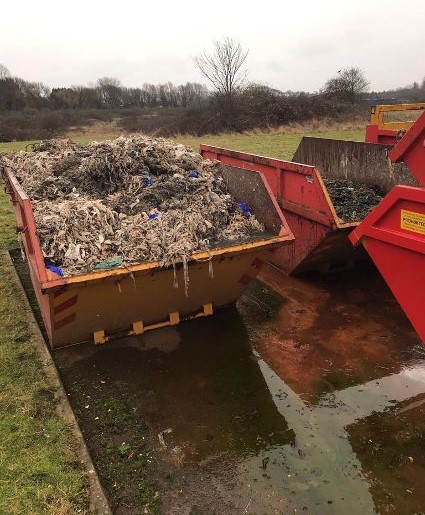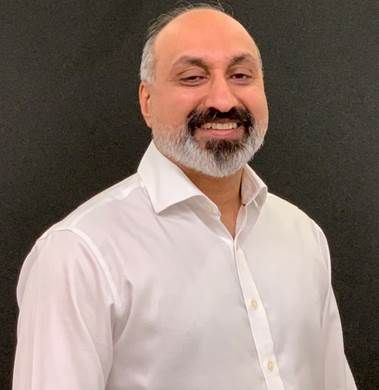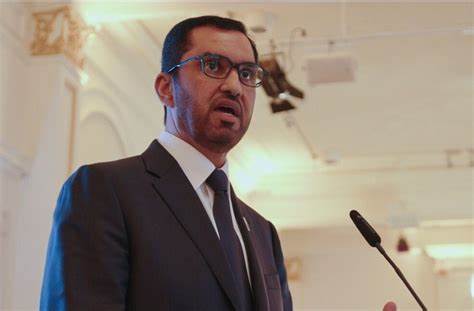While Pakistan is consistently focusing on developing different arenas of the country from agriculture to energy, the key aspect which is being overlooked is that of education. While energy, time, money and resources are being spent on ensuring food security and eliminating load shedding, no one from top down is questioning why government bodies need to spend so much on ensuring more resources for the future. If one stopped and thought about it they would realize that the answer lies in Pakistan’s growing population.
With the estimated birth rate in Pakistan for 2016 lying at 22.3 births/1,000 population, the Pakistani people are growing at an alarming rate. Pakistan’s population census is due to begin in March this year and the estimated figure promises to be a staggering one with Pakistan poised to become the fifth most populous country in the world by 2050. The ever present problem of population explosion in the country lies in a lack of education of the people.
NGO’s, private companies and social marketing franchises such as DKT, have been working for years to try and reach couples in every corner of the country to educate them about the economic consequences of having a large family and the benefits of contraceptives.
Education of women and couples is the key to solving a number of problems that currently plague our country. By teaching children skills which will help them secure jobs in the future they are learning that they can aspire to more than just having a family, they can actually learn how to support their future families through monetary gains. It isn’t until children and adults, especially men, understand the financial consequences that having multiple dependents will have, they will never truly understand why having fewer children is better.
Having 1-2 children means the parents can provide better education and a healthier childhood to them as compared to having 4-6 children and not being able to provide them any education or proper nutrition. Education about family planning and population control can take place in a number of ways: introducing seminars/courses at a college/university level, supporting campaigns run by companies such as DKT to increase awareness among couples, holding seminars and talks about the issues, setting up camps in various districts and educating medical personnel who deal with families one-on- one, on how to discuss these issues and benefits with them.
Educating the population in a smart way will not only benefit in population growth but it will also help tackle child labour, child slavery, early childhood marriages and beggary; all problems Pakistan is currently fighting against. Also by having fewer children parents won’t be forced into selling them for money.
However, along with education it is important to ensure that once people are aware of the options available to them those products become easily accessible. DKT Pakistan, through its Dhanak Clinics, ensures that family planning options are available to couples both in urban and far flung, hard to reach areas, such as Swat Thatta, Dadu, Tando Allahyar, Tharparkar among many more. However, the problem in Pakistan is growing at too rapid a pace for a single organization to manage the situation. The government and organizations need to join hands to tackle this problem head on and to realize that if they invest more in the future generations’ education; the less they will have to spend on providing depleting resources to them.

















